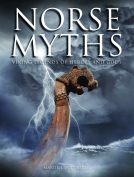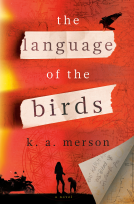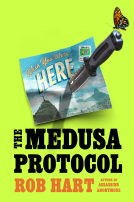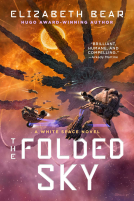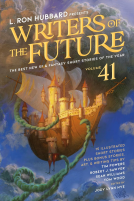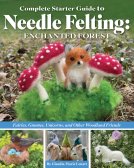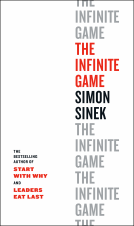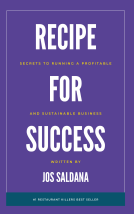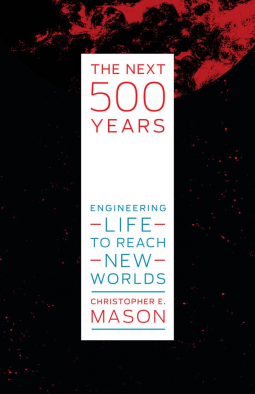
The Next 500 Years
Engineering Life to Reach New Worlds
by Christopher E. Mason
This title was previously available on NetGalley and is now archived.
Buy on Amazon
Buy on BN.com
Buy on Bookshop.org
*This page contains affiliate links, so we may earn a small commission when you make a purchase through links on our site at no additional cost to you.
Send NetGalley books directly to your Kindle or Kindle app
1
To read on a Kindle or Kindle app, please add kindle@netgalley.com as an approved email address to receive files in your Amazon account. Click here for step-by-step instructions.
2
Also find your Kindle email address within your Amazon account, and enter it here.
Pub Date Apr 20 2021 | Archive Date Apr 21 2021
MIT Press | The MIT Press
Talking about this book? Use #TheNext500Years #NetGalley. More hashtag tips!
Description
An argument that we have a moral duty to explore other planets and solar systems--because human life on Earth has an expiration date.
Inevitably, life on Earth will come to an end, whether by climate disaster, cataclysmic war, or the death of the sun in a few billion years. To avoid extinction, we will have to find a new home planet, perhaps even a new solar system, to inhabit. In this provocative and fascinating book, Christopher Mason argues that we have a moral duty to do just that. As the only species aware that life on Earth has an expiration date, we have a responsibility to act as the shepherd of life-forms--not only for our species but for all species on which we depend and for those still to come (by accidental or designed evolution). Mason argues that the same capacity for ingenuity that has enabled us to build rockets and land on other planets can be applied to redesigning biology so that we can sustainably inhabit those planets. And he lays out a 500-year plan for undertaking the massively ambitious project of reengineering human genetics for life on other worlds.
As they are today, our frail human bodies could never survive travel to another habitable planet. Mason describes the toll that long-term space travel took on astronaut Scott Kelly, who returned from a year on the International Space Station with changes to his blood, bones, and genes. Mason proposes a ten-phase, 500-year program that would engineer the genome so that humans can tolerate the extreme environments of outer space--with the ultimate goal of achieving human settlement of new solar systems. He lays out a roadmap of which solar systems to visit first, and merges biotechnology, philosophy, and genetics to offer an unparalleled vision of the universe to come.
Inevitably, life on Earth will come to an end, whether by climate disaster, cataclysmic war, or the death of the sun in a few billion years. To avoid extinction, we will have to find a new home planet, perhaps even a new solar system, to inhabit. In this provocative and fascinating book, Christopher Mason argues that we have a moral duty to do just that. As the only species aware that life on Earth has an expiration date, we have a responsibility to act as the shepherd of life-forms--not only for our species but for all species on which we depend and for those still to come (by accidental or designed evolution). Mason argues that the same capacity for ingenuity that has enabled us to build rockets and land on other planets can be applied to redesigning biology so that we can sustainably inhabit those planets. And he lays out a 500-year plan for undertaking the massively ambitious project of reengineering human genetics for life on other worlds.
As they are today, our frail human bodies could never survive travel to another habitable planet. Mason describes the toll that long-term space travel took on astronaut Scott Kelly, who returned from a year on the International Space Station with changes to his blood, bones, and genes. Mason proposes a ten-phase, 500-year program that would engineer the genome so that humans can tolerate the extreme environments of outer space--with the ultimate goal of achieving human settlement of new solar systems. He lays out a roadmap of which solar systems to visit first, and merges biotechnology, philosophy, and genetics to offer an unparalleled vision of the universe to come.
Advance Praise
“Christopher Mason is a pioneer in aerospace medicine and genetics. In this book, he creates an intricate, molecular-level understanding of what happens to astronauts' bodies in space—including my own! He brings his knowledge, passion, and rich mission insights to create an inspiring vision of the next 500 years of spaceflight and human exploration.”
—Astronaut Scott Kelly
Available Editions
| EDITION | Other Format |
| ISBN | 9780262044400 |
| PRICE | $29.95 (USD) |
| PAGES | 256 |
